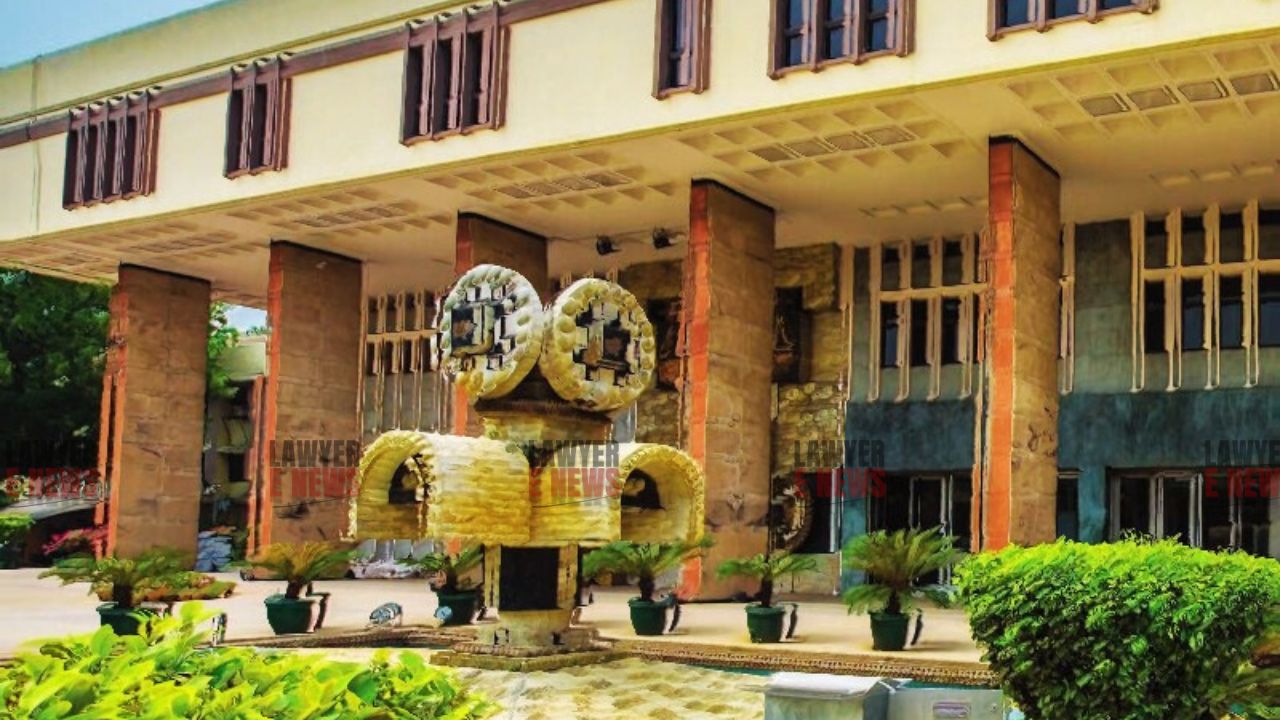-
by Admin
15 February 2026 5:35 AM



Delhi High Court in the case of Satish Chand Jain vs. Assistant Commissioner of Income Tax, Circle 52(1), Delhi & Anr., quashed the reassessment proceedings initiated under Section 148 of the Income Tax Act, 1961 for AY 2014-15. The court found that the reopening of already concluded assessments, based on the same facts, was invalid. This ruling clarifies the legal limits on reopening assessments and the application of the Supreme Court’s judgment in Union of India vs. Ashish Agarwal.
The petitioner, Satish Chand Jain, had filed his tax return for AY 2014-15 declaring an income of ₹2.29 crores. The case was initially assessed under Section 143(3) of the Income Tax Act, and a reassessment was conducted under Section 147, which concluded on March 30, 2022, increasing the assessed income to ₹5.43 crores. The reassessment was based on information alleging that the petitioner had benefited from ₹3.07 crores through misuse of the NSEL Exchange platform.
However, on June 2, 2022, another show cause notice was issued under Section 148A(b), proposing further reassessment on the same grounds as before, which the petitioner challenged.
The central legal issue was whether the reassessment could be initiated again under Section 148, given that a similar reassessment had already been completed for the same assessment year based on the same facts. The respondent relied on the Supreme Court’s ruling in Union of India vs. Ashish Agarwal to justify reopening the assessment.
The petitioner argued that such reassessment violated principles of finality in tax proceedings and would result in double taxation.
The High Court, referencing its earlier decision in Anindita Sengupta vs. ACIT, ruled that once an assessment is concluded, it cannot be reopened on the same grounds without any new facts or material. The court rejected the respondents' interpretation of the Ashish Agarwal judgment, clarifying that it does not mandate reopening of completed assessments but only addresses pending reassessments under the old law.
The court emphasized that reopening a concluded assessment based on identical facts would not only lead to double addition but also violate the principles established in law regarding finality of assessments.
The Delhi High Court allowed the writ petition, quashing the order dated July 19, 2022, under Section 148A(d), and the consequent notice under Section 148. The court reaffirmed that completed assessments cannot be reopened without valid justification or new information.
Date of Decision: September 11, 2024
Satish Chand Jain vs. Assistant Commissioner of Income Tax, Circle 52(1), Delhi & Anr..
